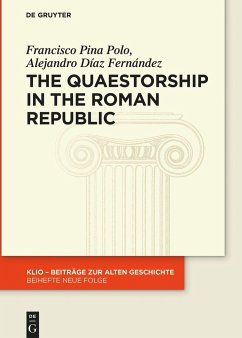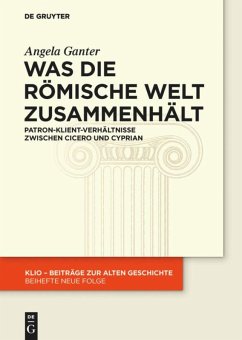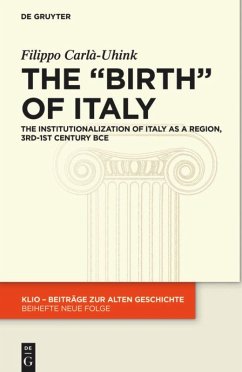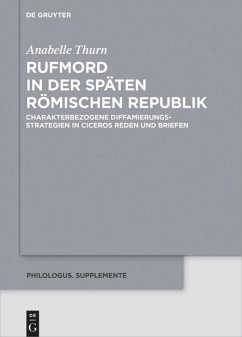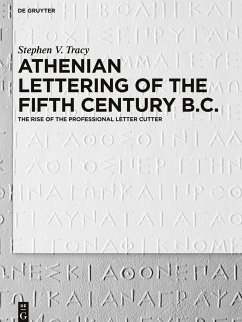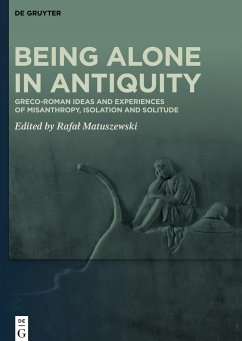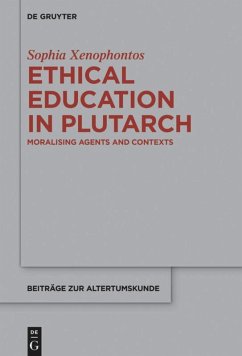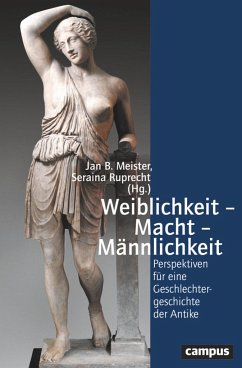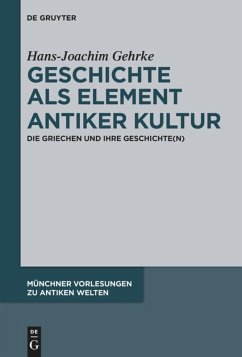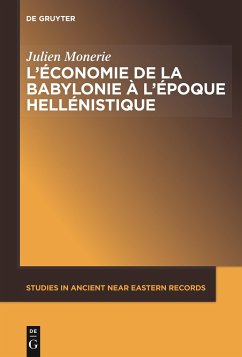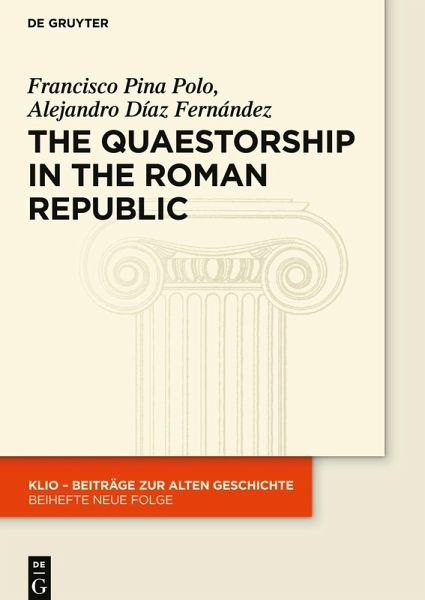
The Quaestorship in the Roman Republic
Versandkostenfrei!
Versandfertig in 1-2 Wochen
102,99 €
inkl. MwSt.
Weitere Ausgaben:

PAYBACK Punkte
51 °P sammeln!
The lack of evidence has proved to be the greatest obstacle involved in reconstructing the quaestorship and has probably discouraged scholars from undertaking a large-scale study of the office. As a consequence, a comprehensive study of the quaestorship has long been a desideratum: this book aims to fill this gap in the scholarship.The book contains a study of the quaestorship throughout the Roman Republic, both in Italy (particularly at Rome) and in the overseas provinces. It includes a history of the office, an analysis of its role within the cursus honorum and its larger importance for the ...
The lack of evidence has proved to be the greatest obstacle involved in reconstructing the quaestorship and has probably discouraged scholars from undertaking a large-scale study of the office. As a consequence, a comprehensive study of the quaestorship has long been a desideratum: this book aims to fill this gap in the scholarship.
The book contains a study of the quaestorship throughout the Roman Republic, both in Italy (particularly at Rome) and in the overseas provinces. It includes a history of the office, an analysis of its role within the cursus honorum and its larger importance for the Roman constitution as well as the prosopography of all quaestors known during the Republican period based on the literary, epigraphic and numismatic evidence.
The quaestorship was always an office for beginners who aspired to follow a political career and hence served as institutional entrance to the senate. Despite their youth, quaestors were endowed with functions of great significance at Rome and abroad, such as the control and supervision of Rome's finances. As the book shows, the quaestorship was a prominent and essential part of the Roman administration.
The book contains a study of the quaestorship throughout the Roman Republic, both in Italy (particularly at Rome) and in the overseas provinces. It includes a history of the office, an analysis of its role within the cursus honorum and its larger importance for the Roman constitution as well as the prosopography of all quaestors known during the Republican period based on the literary, epigraphic and numismatic evidence.
The quaestorship was always an office for beginners who aspired to follow a political career and hence served as institutional entrance to the senate. Despite their youth, quaestors were endowed with functions of great significance at Rome and abroad, such as the control and supervision of Rome's finances. As the book shows, the quaestorship was a prominent and essential part of the Roman administration.




